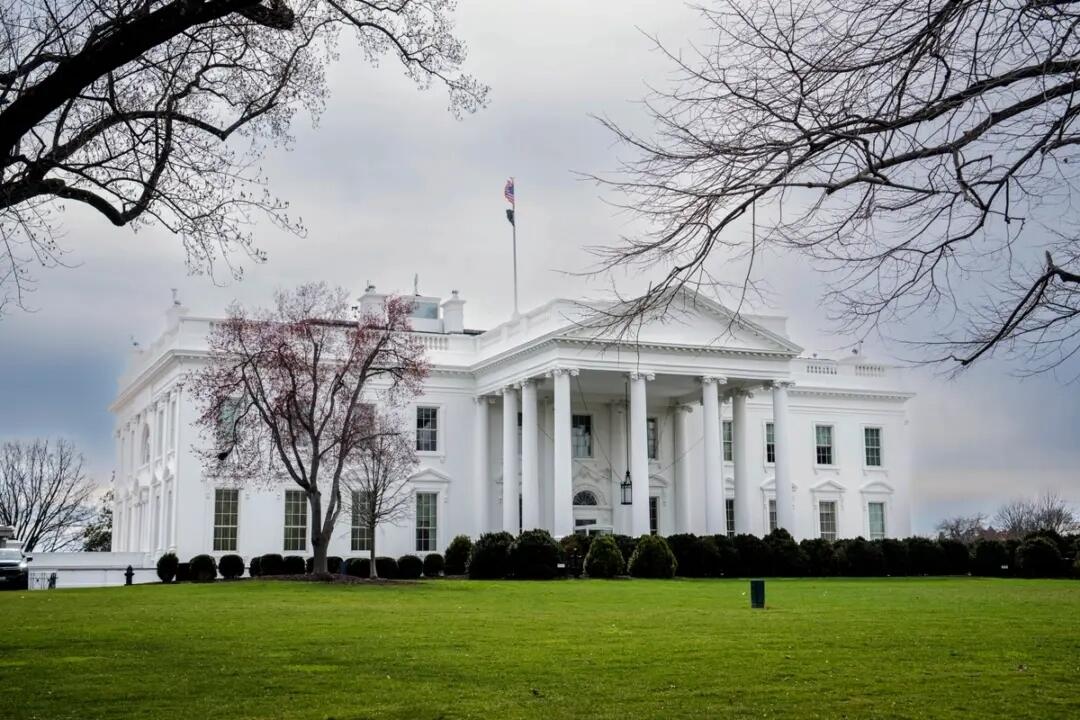Summary:
Some say that history repeats itself.
Relying on the government to tell you if the housing market is close to a bubble is like meeting a stranger and believing everything that they say. It’s crucial to maintain a healthy skepticism and not rely solely on the government’s assurances, as they may tell you everything is alright, right up to the point things come crashing down around you. This underscores the importance of individual responsibility and empowerment in economic assessments.
History is full of examples, and the 2007-08 crash is a prime example. By understanding and learning from these historical parallels, we can gain a deeper insight into the economic events of our time, making us feel more informed and enlightened.
Article:
The subprime crash that began in 2007 and 2008, when Lehman Brothers filed for bankruptcy, serves as a stark reminder of the need for individual awareness and caution in the face of economic upheavals.
Sometimes, people are unaware that their very existence is akin to sleepwalking with fools in charge of their lives. I would have used "conspiracy of fools.” However, that title was reclaimed in a book about the 1998 implosion of Long-Term Capital Management.
The bullsh_t from the most senior leaders of this country at the time of the 2007-2008 economic crash could not have been piled any higher.
Let’s review what our leaders and elites were saying immediately before the crash.
September 2006: Timothy Geithner, Treasury Secretary
“Collateral damage from housing could be avoided.”
June 2007: Ben Bernanke, Chairman of The Federal Reserve Board
The subprime fallout “will not affect the economy overall.”
December 2006: Ben Bernanke was still expecting that the economy would experience a “soft landing, no recession.”
March 2007: “The impact on the broader economy and financial markets of the problems in the subprime market seems likely to be contained.”
March 2007: Henry Paulson,” from the standpoint of the overall economy, my bottom line is we’re watching it closely, but it appears to be contained.”
March 2007: Henry Paulson, U.S. Treasury Secretary. "I don’t see the subprime mortgage market troubles imposing a serious problem. I think it will be largely contained. All the signs I examine indicate that the housing market is at or near its bottom. Not a serious problem. The market is at or near the bottom.”
June 2007: Ben Bernanke, “The troubles in the subprime sector seem unlikely to seriously spill over to the broader economy or the financial system.” “The subprime fallout will not affect the economy overall.”
July 2007: Henry Paulson, U.S Treasury Secretary
“I don’t think the subprime mess poses any threat to the overall economy.”
July 2007: Henry Paulson
“This is far and away the strongest global economy I’ve seen in my business lifetime.”
June 2008: Ben Bernanke- “Despite a recent spike in the nation’s unemployment rate, the danger that the economy has fallen into ‘substantial downturn’ appears to have waned.”
October 2007: Ben Bernanke- “It is not the responsibility of the Federal Reserve, nor would it be appropriate to protect lenders and investors from the consequences of their financial decisions.”
February 2008: Ben Bernanke- “I expect there will be some failures. I don’t anticipate any serious problems of that sort among the large, internationally active banks that make up a substantial part of our banking system.
May 2008: Henry Paulson-“The worst is likely to be behind us.” “In my judgement, we are closer to the end of the market turmoil than the beginning.”
November 2009: Ben Bernanke - “a perfect storm occurred that regulators could not have anticipated.” “As a scholar of the great depression, I honestly believe that September and October 2008 were the worst financial crisis in global history, including the Great Depression.”
September 2010: Ben Bernanke- “Prospective subprime losses were not large enough on their own account for the magnitude of the crisis; rather, the system’s vulnerabilities, together with gaps in the government’s crisis-response toolkit, were the principal explanation why the crisis was so severe and had such devastating effects on the broader economy.”
Let’s review what happened in the mother of all depressions of the American Enterprise:
March 2007: Major home lender New Century ceases operations
August 2007: Greenpoint Mortgage, a single-family subprime lender, ceases operation
September 2007: Impac Mortgage- Leading home lender closes lending operation
Bank of America was forced to invest $2 billion into Countrywide Home Loans
Bank of America, the fifth-largest company in the U.S. by revenue, ceases its wholesale home mortgage business.
November 2007: The Federal Reserve injects $41 billion into U.S. money Markets.
December 2007: Washington Mutual Bank, the most significant savings and loan in the U.S., ceases subprime home lending
The U.S. officially enters a recession
July 2008- Wachovia Bank closes wholesale home loan division
September 2008: Fanny Mae and Freddie Mac were taken into receivership by the U.S. government, leaving the taxpayers on the hook for an estimated $1.5 trillion.
September 2008: Lehman Brothers filed for Chapter 11 bankruptcy, the largest bankruptcy in U.S. history.
September 2008: Federal regulators seized Washington Mutual Bank.
September 2008: The federal government had to bail out AIG, the Largest Insurance Company in the U.S., to the tune of $185 billion.
September 2008: Federal regulators seized Washington Mutual Bank.
In September 2008, Citigroup was forced to acquire Wachovia Bank
October 2008: The regulators took over Downey Savings.
December 2008 - The federal government bailed out the U.S. auto industry, and $11 billion of GM stockholders’ capital was transferred to the labor unions.
January 2009: Barack Obama became the 44th President of the United States.
JP Morgan Chase warehouse lending ceases operations.
April 2009: Chrysler files for Chapter 11 Bankruptcy protection
